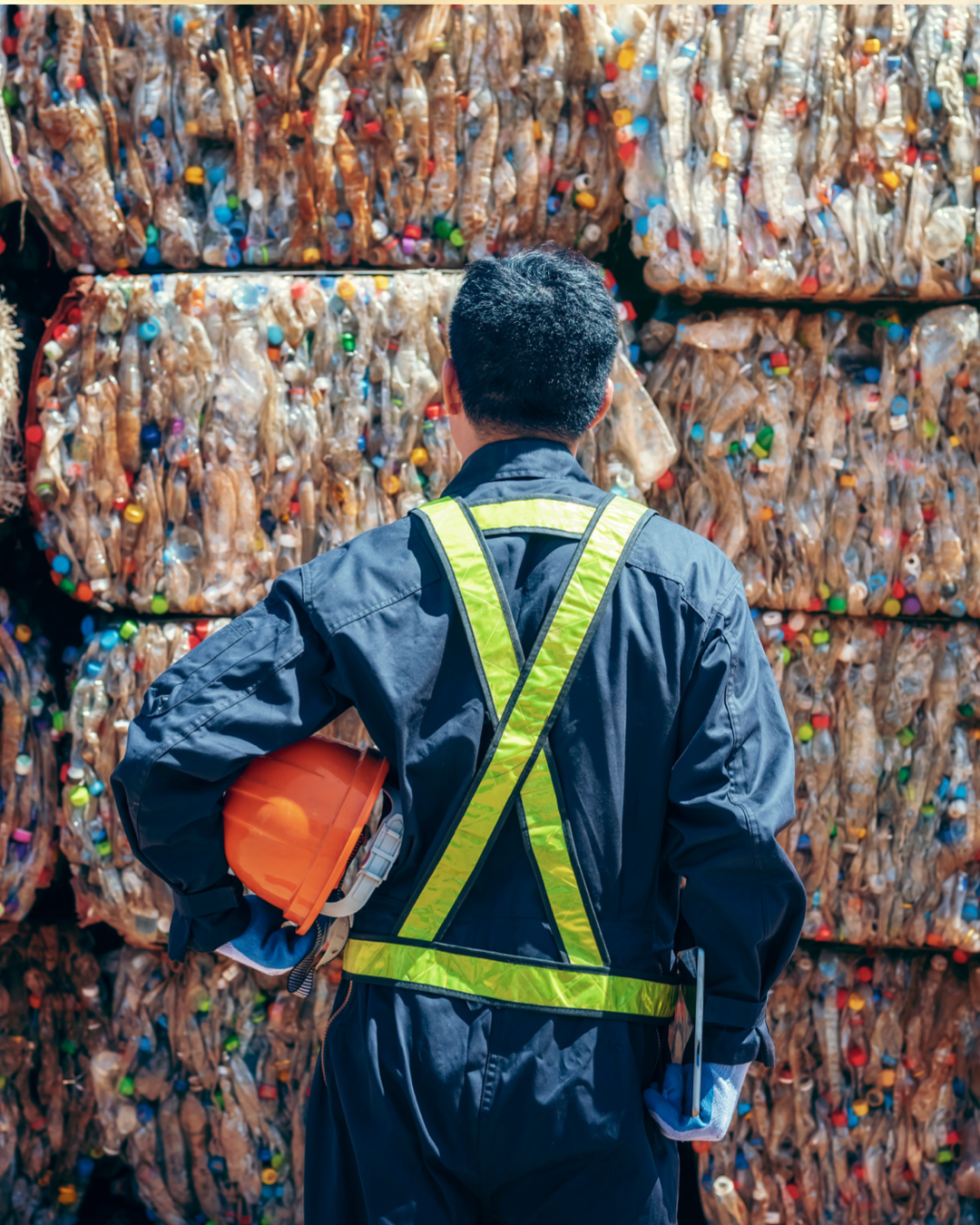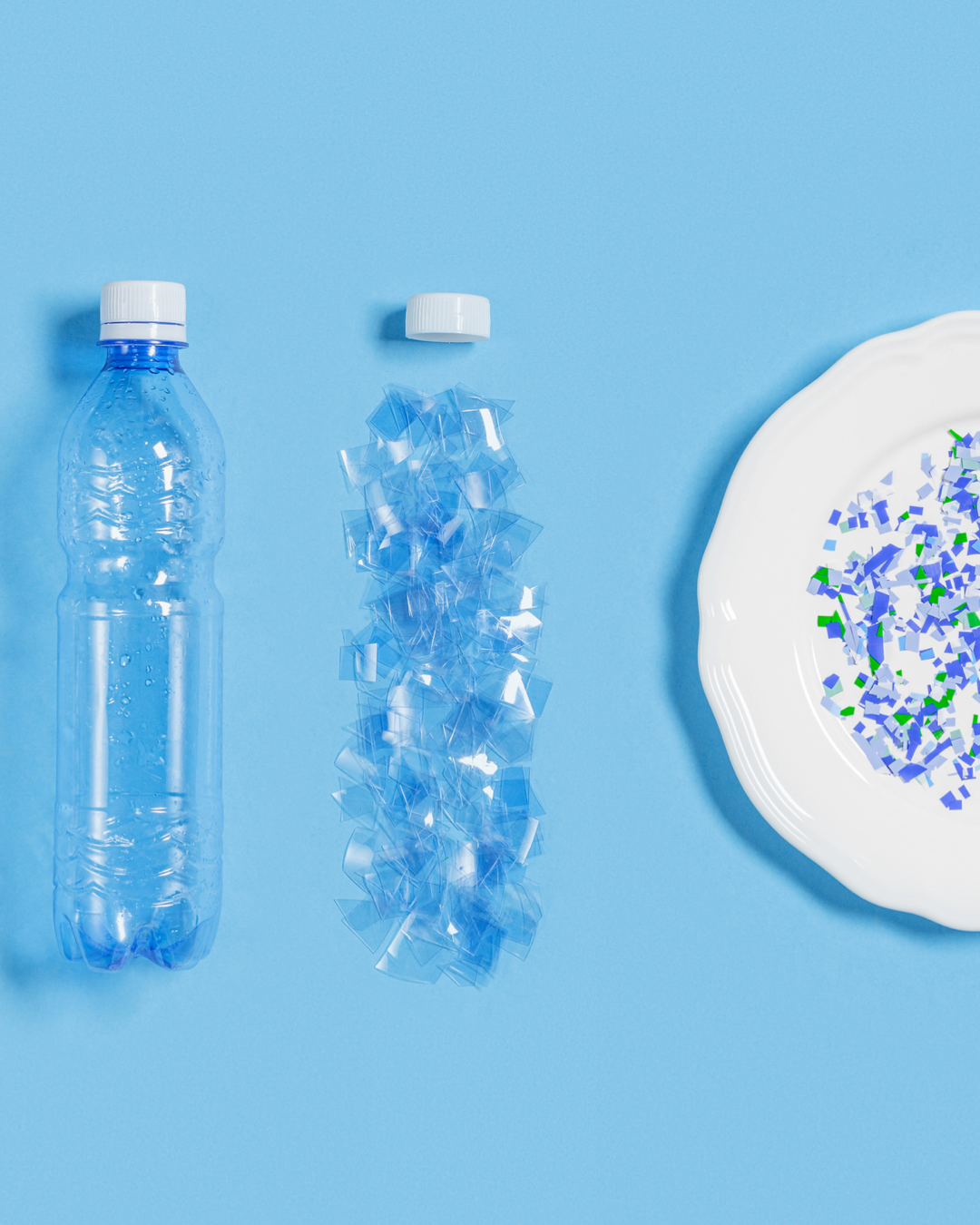Single use plastic ban, coming to a city near you!
Microplastic pollution is a huge issue and it starts with us. So many of the things we use in our daily lives are made out of plastic. It’s convenient, it’s affordable, it’s easy, it's as common to us as the act of breathing. On the periphery we hear about microplastics building up destroying the ocean, we see news headlines telling us how much microplastics we are regularly eating, drinking, and breathing. It’s time for us to take a step back, look a little closer, and put plastic in focus.
Environmentalists have been talking about the needed changes for years, but as social media breaks down barriers showing us videos of sea turtles with straws stuck in their noses and seahorses curled around cotton swabs, all, while scientific research is being done and expanding our knowledge on the subject. Now, more and more people and government leaders have been taking notice. So much in fact that bills are being passed around the world to ban single-use plastics, one of the large contributors of microplastic pollution. Europe has always been ahead of the United States when it comes to their recycling infrastructure and their green mindset, and when it comes to single-use plastics, it’s no different.
In 2020 England placed a ban on drink stirrers, plastic straws, and cotton swabs. This coming October (2023) they plan to ban single-use plastic cutlery, trays, plates, bowls, as well as some food containers, and polystyrene cups. According to the New York Times, “England uses an estimated 2.7 billion items of single-use cutlery and 721 million single-use plates per year, but only 10 percent are recycled.”!
England isn’t the only one who is working to remove some of these items like plastic straws. A video released in 2015 by The Leatherback Trust shows a hard to watch plastic straw being removed from a sea turtle’s nose. The video went viral raising awareness and prompting bans on plastic straws around the world. As of October 2022, 38 of the 50 states have some type of ban on plastic straws.
Last year, California governor Gavin Newsom signed the Plastic Pollution Prevention and Packaging Producer Responsibility Act (SB 54) the goal of which is to place responsibility of caring for the plastic packaging waste on the producers and sellers of the packaging. As with many aspects of change, things take time and so one of the goals is to require certain types of packaging to be compostable or recyclable by 2032.
Straws and packaging aren’t the only things that are on the radar. A bill that was put in place in New York City starting February 2023 will prohibit food service places and delivery services from giving customers eating utensils, extra containers, condiment packets, and napkins unless they are requested by the customer. While the bill was enacted February 1st, there won’t be any monetary penalties for violations until July 1st, 2024.
The North Carolina House Committee on Environment is taking a bit of a different route for things. They recently passed a bill (HB 28) in February that aims to provide more tax dollars to counties and cities to be used to help with the disposal of single use plastic waste. Harry Warren, Republican Representative who sponsored the bill is hopeful this bill will encourage items that are not compostable or recyclable to be replaced or phased out. If the bill is adopted, it will take effect July 2024. **
Let’s not forget about plastic bags! There’s a good chance you have a reusable grocery bag sitting at home or in your car, and depending on where you live it's necessary if you don’t want to pay for your bags. While many states have passed regulations to promote the use of reusable bags, according to Surfrider there are 20 states who have laws in place preventing municipalities from enacting bag regulations.
Times are changing and with them the level of awareness about how big of an issue single use plastic and micro plastics really are. From the power of one to the power of many we are challenging each other, corporations, and the government to do better. While it might not seem like that big of an issue now, it is guaranteed to cause a headache (and other potential health issues) as time goes on. If you want some ideas on how to get ahead of the curve and work on reducing your single use plastic consumption, make sure to check out some of our earlier blog articles.
**https://www.wral.com/north-carolina-bill-aims-to-cut-down-on-single-use-plastics/20708342/








